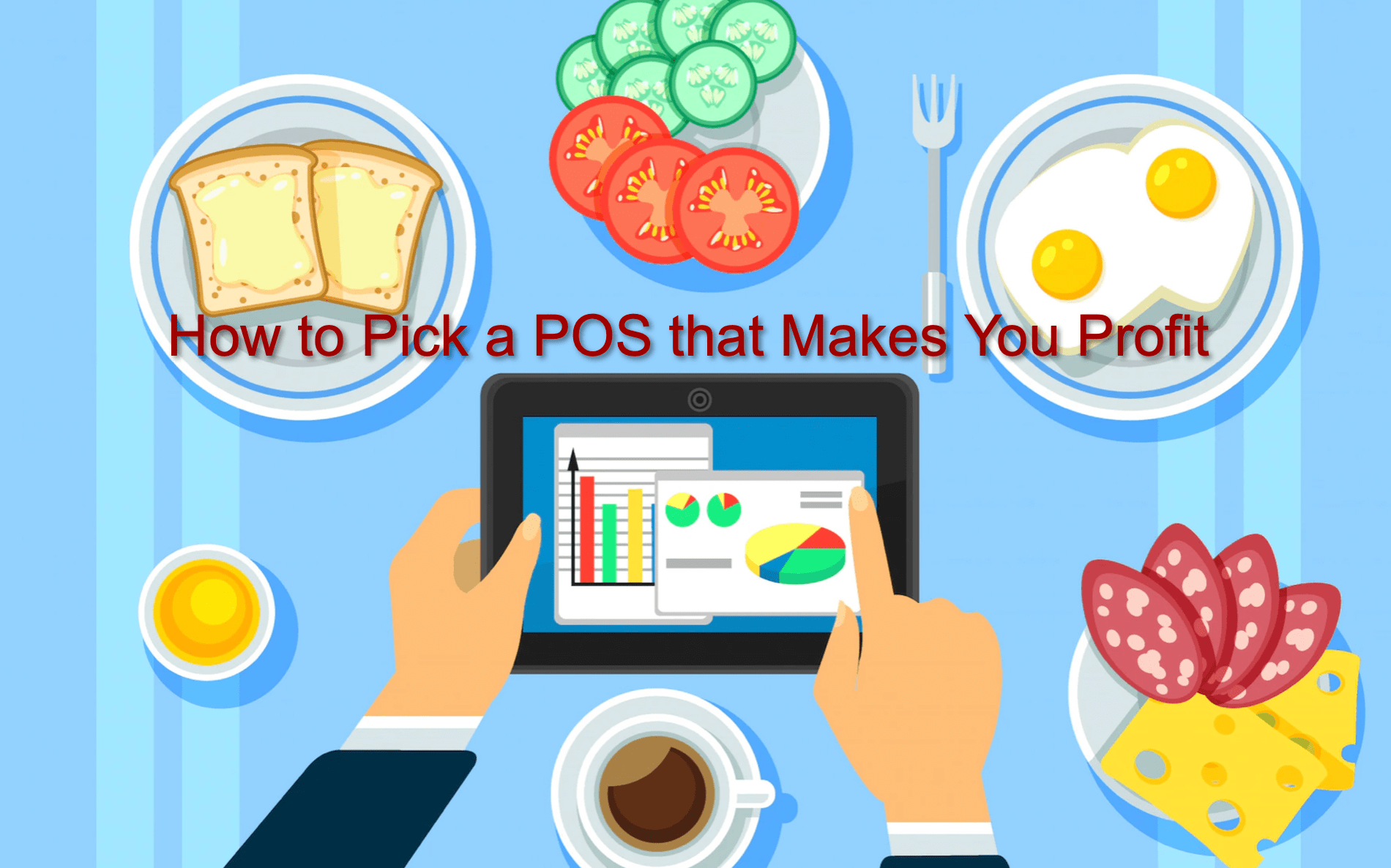Cloud POS VS Legacy POS VS Hybrid POS: Which is Best for You?
Everything you need to know about legacy, hybrid and Cloud POS systems in one place!

Contents
Not too long ago, restaurant owners were forced to choose between only two different types of POS systems - a hybrid POS system or a legacy POS system - neither of which offered exactly what restaurants needed. Hybrid POS systems tended to have more features, but came with the tradeoff of being more expensive and encumbered with the limitations of the older tech of a legacy POS. Meanwhile, legacy POSs tended to be less expensive, but required on-site servers and weren't as reliable or feature-rich to meet the needs of modern restaurant.
Fortunately, with the advent of the Cloud POS, restaurants now have an amazing third option to pick from.

What is a Cloud POS?
A Point of Sale (POS) system is used to process transactions and manage sales within businesses, allowing them to track customer orders and payment details quickly and efficiently. Cloud POS systems are the latest generation of these systems, offering businesses a way to access real-time information in the cloud, eliminating the need for bulky hardware. Cloud POS systems provide faster order taking capabilities and secure data storage solutions that are not available with traditional or hybrid POS solutions. Cloud POS systems also offer more flexibility than legacy systems, as they can be used on multiple devices from any location. In addition, these services can be easily integrated with existing operations such as inventory management, employee management, and analytics software. Cloud POS offers benefits for restaurants by helping them streamline operations for greater efficiency in their business processes.
What is a Legacy POS?
A legacy POS system is an outdated Point of Sale (POS) software that has been in use for several years, typically without any updates or changes. Legacy POS systems are usually cumbersome to operate and lack features commonly found in modern POS systems such as customer loyalty programs, online ordering capabilities, automation, real-time accounting and payment processing. Furthermore, they also tend to be more expensive than newer POS systems, due to their lack of features and the need for technical support. Despite these downsides, many restaurants still use legacy POS systems due to familiarity.
Problems Faced by Restaurants Using Legacy POS Systems
Legacy POS systems can be a major headache for restaurant owners and operators. Firstly, these outdated systems are often prone to breakdowns and errors, resulting in lost sales and customer frustration. Secondly, they have limited features compared to modern POS systems, meaning restaurants miss out on opportunities to increase efficiency and productivity as well as provide customers with better experiences. Finally, legacy POS systems can be quite costly to maintain and keep running, as they require onsite servers or regular tech support visits. All of these issues make it difficult for restaurants using legacy POS systems to remain competitive in the market.
What Is a Hybrid POS?
A hybrid POS system is a point-of-sale solution that combines traditional and modern technologies. It offers restaurant owners the ability to incorporate some features from both legacy and modern systems such as inventory management, customer loyalty programs, credit card processing, and more into one automated platform. Hybrid POS systems typically cost more than legacy POS systems but offer greater flexibility and scalability.
Problems Faced by Restaurants Using Hybrid POS Systems
Although hybrid POS systems offer a number of advantages over legacy POS systems, they also come with their own set of challenges. Firstly, the cost associated with installing, running and maintaining a hybrid POS system is often very expensive and requires trained IT professionals. Secondly, hybrid POS systems can be difficult to integrate with existing hardware and software, meaning restaurants may need to invest in new and costly equipment or services. Thirdly, adding new features later down the line can also be very tricky and expensive, leading to a system that grows more obsolete over time. All of these issues have the potential to increase overhead costs and reduce efficiency.
The TLDR Summary of Each Type of POS System
Cloud-based Point of Sale (POS) systems offer a wide variety of features for restaurants that traditional and hybrid POS systems don’t provide. Cloud POS systems offer innovative, custom solutions that are faster, scalable, more cost-effective and customized to solve a restaurant's biggest problems. Cloud-based POS software allows restaurant owners and managers to manage and monitor their operations remotely with greater accuracy and efficiency, thus offering more convenience in the way they do business. They are also available as apps and require simple hardware to run (like iPads), meaning they are easy to maintain and can be updated regularly with new features in seconds.
Meanwhile, Hybrid POS systems fit the needs of businesses that require both online and offline capabilities; however, as these techniques are built on legacy technology platforms, they may not benefit from modern innovations such as mobile ordering integration or custom reporting. Ultimately, the type of POS system that is best for a business will depend upon the size and nature of the restaurant’s operations - therefore it’s important to consider your needs before investing in any type of point-of-sale system.

Which POS SystemIs Right For Your Business?
A POS system is a crucial part of any restaurant, bar, or retail business. It can handle customers' orders, manage inventory, and process payments - all in one place. There are three main types of POS systems: cloud-based, hybrid, and legacy systems. Each type has its own set of features, benefits, and drawbacks that businesses should take into consideration when choosing a system. Cloud-based POS systems are becoming increasingly popular because they offer more flexibility and Scalability than legacy or on-premise systems. However, hybrid and legacy systems may be a better fit for businesses with specific needs or those who want to keep their data on-site. Ultimately, the best type of POS system for your business depends on your unique needs and preferences. If you're not sure which system is right for you, get in touch with an expert today for help finding the perfect solution for your business.